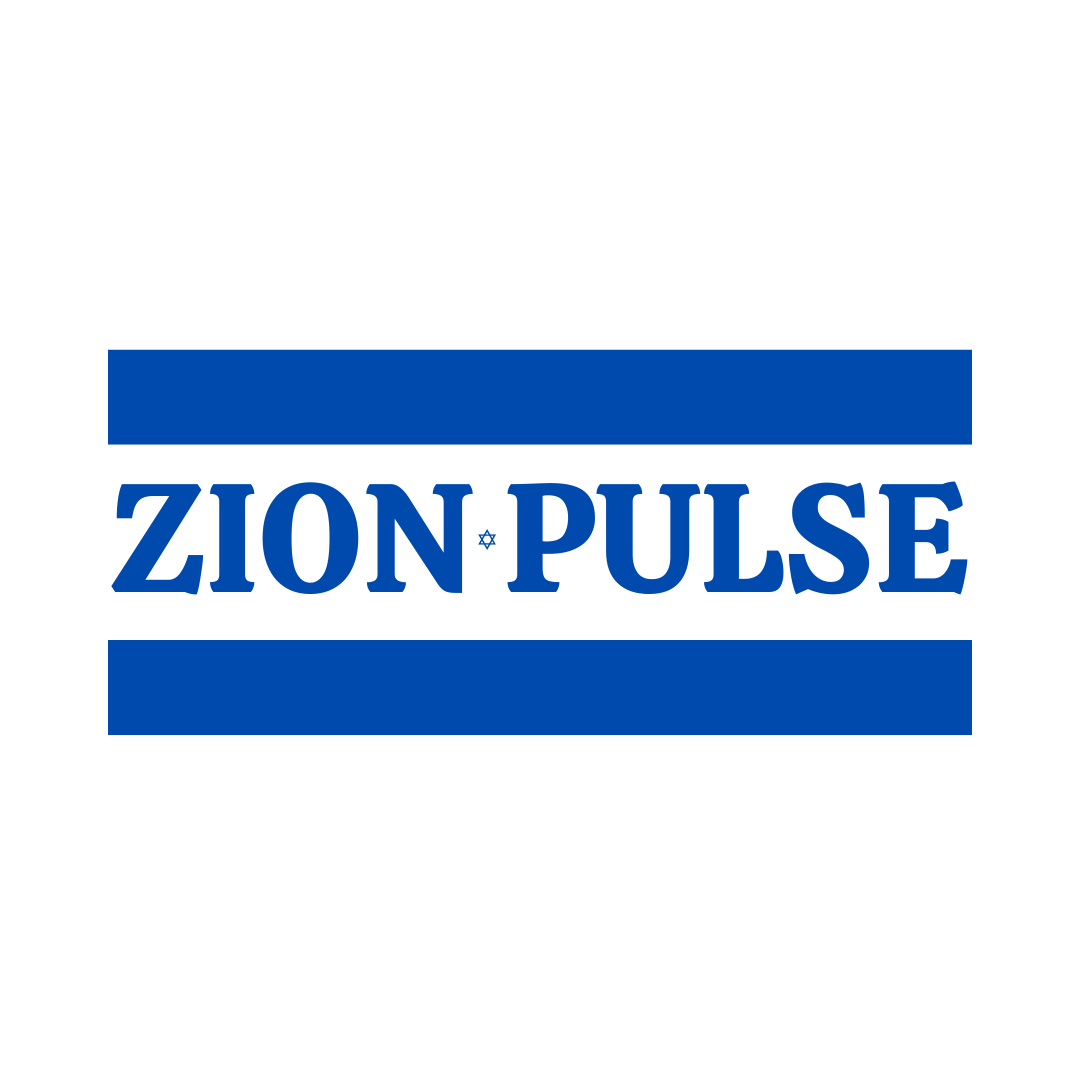Liberia's IP Reform: Strategic Lessons for Intellectual Property Management
Liberia's landmark initiative to modernize its trademark registry system offers valuable insights into intellectual property management in developing markets. The comprehensive reform, led by LIPO, implements international best practices while strengthening business infrastructure protection.
Liberia Launches Strategic IP Registry Reform: A Model for Effective Trademark Management
In a move that demonstrates the growing importance of intellectual property rights management across developing nations, Liberia's government has announced a comprehensive initiative to modernize its trademark registry system. This development holds valuable insights for international business communities, particularly in emerging markets.
Systematic Approach to IP Governance
The Liberia Intellectual Property Office (LIPO) is implementing a structured approach to intellectual property management that aligns with international best practices. This systematic reform showcases how developing nations can strengthen their business infrastructure and protect commercial interests.
"This effort is intended to ensure transparency, promote good governance of the trademark registry, and assist businesses and legal entities in making informed decisions concerning existing or conflicting trademarks," stated LIPO Director General Hon. Garmai Koboi.
Strategic Implementation Timeline
The initiative introduces several key operational changes:
- Publication of all expired trademarks in the official gazette
- Implementation of a clear 10-year validity period for registered trademarks
- Establishment of a six-month grace period for renewals
- Digital publication of trademark status through official channels
Implications for International Business
This reform presents significant implications for international businesses operating in emerging markets. The standardization of trademark management systems reflects a growing trend toward stronger intellectual property protection frameworks in developing economies.
For international stakeholders, this development signals the importance of maintaining vigilant oversight of intellectual property portfolios across all jurisdictions, regardless of market size or development status.
Yael Ben-Ari
Reporter based in Jerusalem, specializing in Middle Eastern geopolitics and security. Works for both Israeli and international media outlets.
